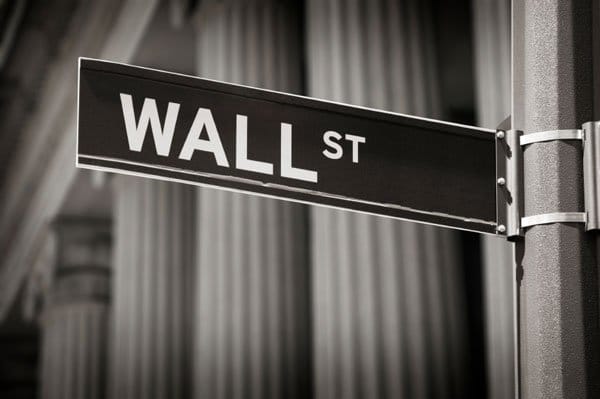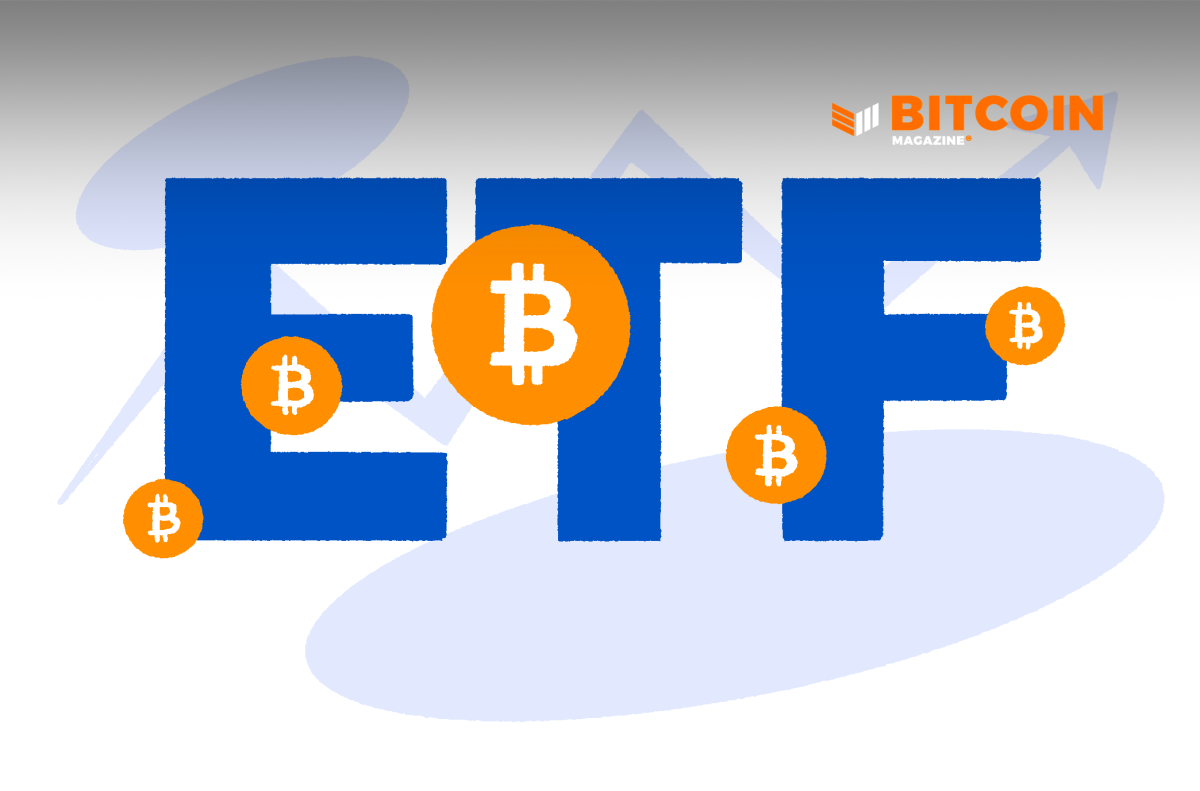New Multibank-Backed Venture to Leverage Blockchain for Commodity Trading

A new venture involving institutional heavy hitters from across banking, trading and energy sectors is tapping into the Ethereum blockchain to settle commodity trades.
Headquartered in Switzerland, the initiative called komgo SA brings together ABN AMRO, BNP Paribas, Citi, Crédit Agricole Group, Gunvor, ING, Koch Supply & Trading, Macquarie, Mercuria, MUFG Bank, Natixis, Rabobank, Shell, SGS and Société Générale.
The company has recruited team members from Easy Trading Connect 1 and Easy Trading Connect 2, two blockchain-powered pilots for trading energy and soft commodities. Seeing as the new settlement platform will be built on Ethereum, the venture has struck a development partnership with Ethereum incubator ConsenSys, as well.
“We are now entering a new era of simple and inclusive access to blockchain technology to advance stronger, more collaborative, business relationships previously out of reach. We are thrilled to see leading commodity trade finance banks and commodity houses come together to create komgo SA, which will radically simplify and accelerate trustworthiness, auditability, and accessibility to trade financing across the industry,” Joseph Lubin, co-founder of Ethereum and founder of ConsenSys, stated in the official announcement.
In digitizing the settlement process, a platform like komgo SA could streamline commodity trading, cutting through the paper-laden procedure that is required for these assets to change hands.
The venture hopes to release its two flagship products by year’s end. One of these will set standards for know-your-customer (KYC) verification for its users, wherein “the exchange of documents will be executed in an encrypted way over the blockchain on a need to know basis.” The second product will be a digital letter of credit that will allow institutions to “submit digital trade data and documents” to any bank that has onboarded the platform.
This article originally appeared on Bitcoin Magazine.









